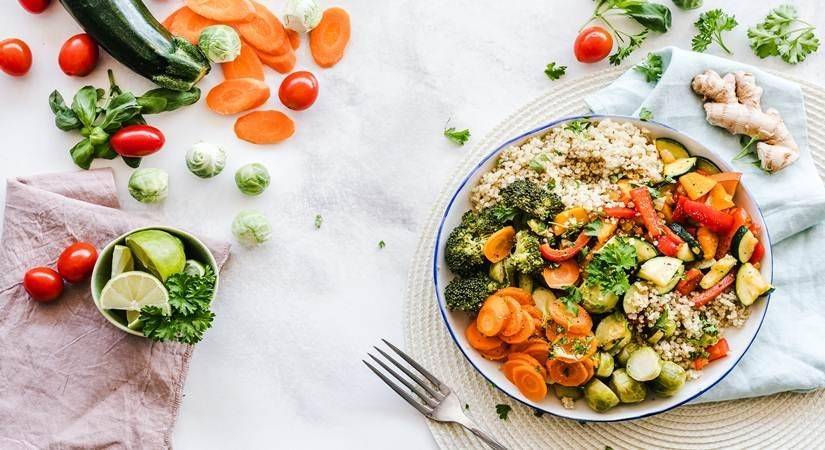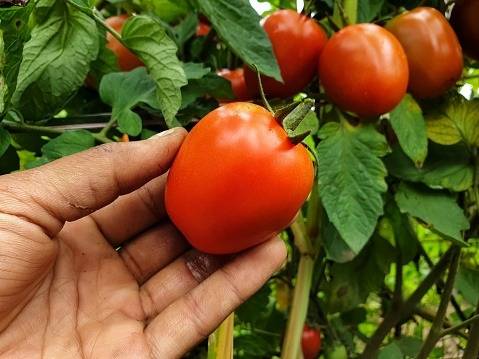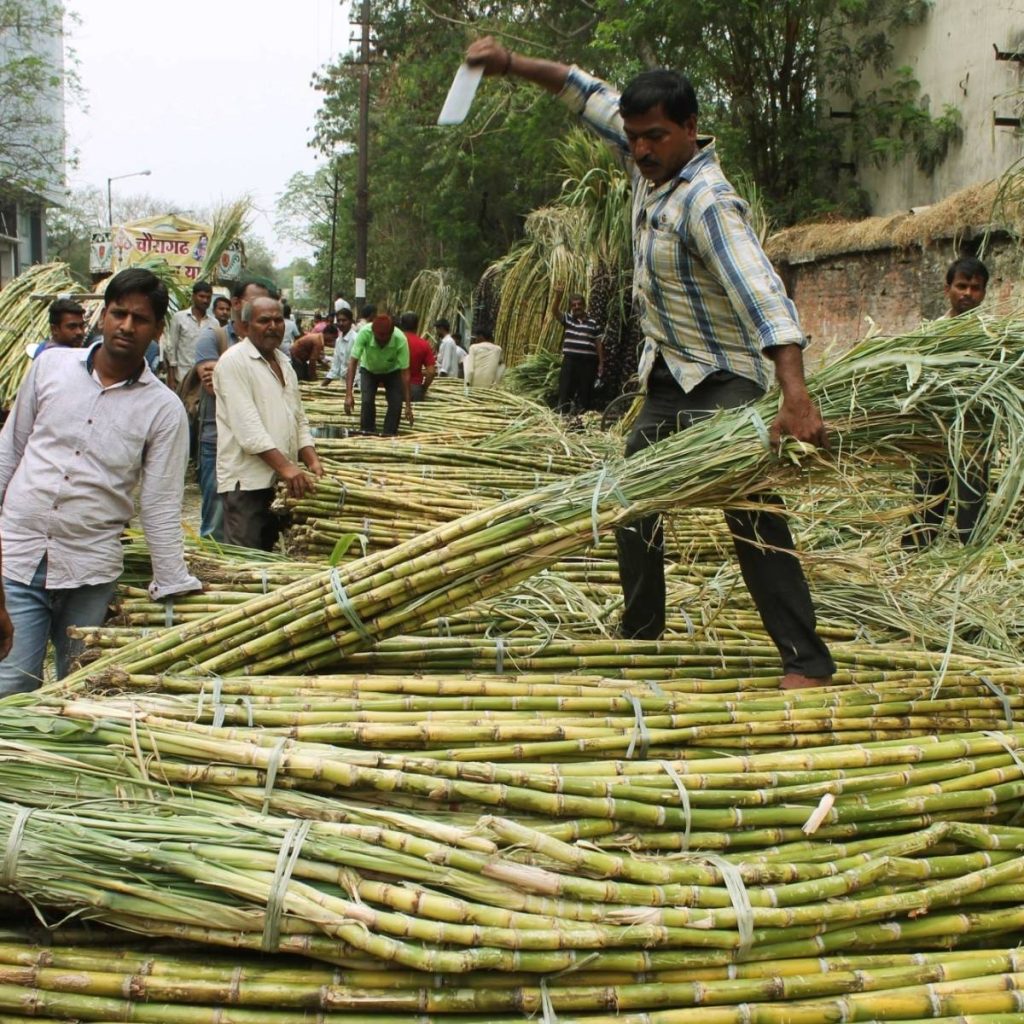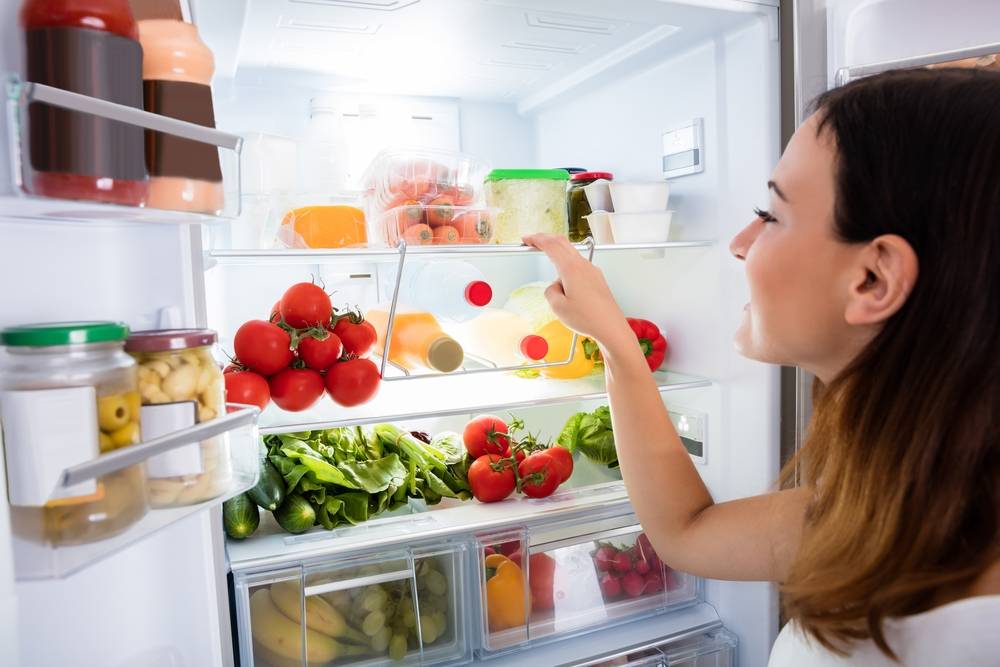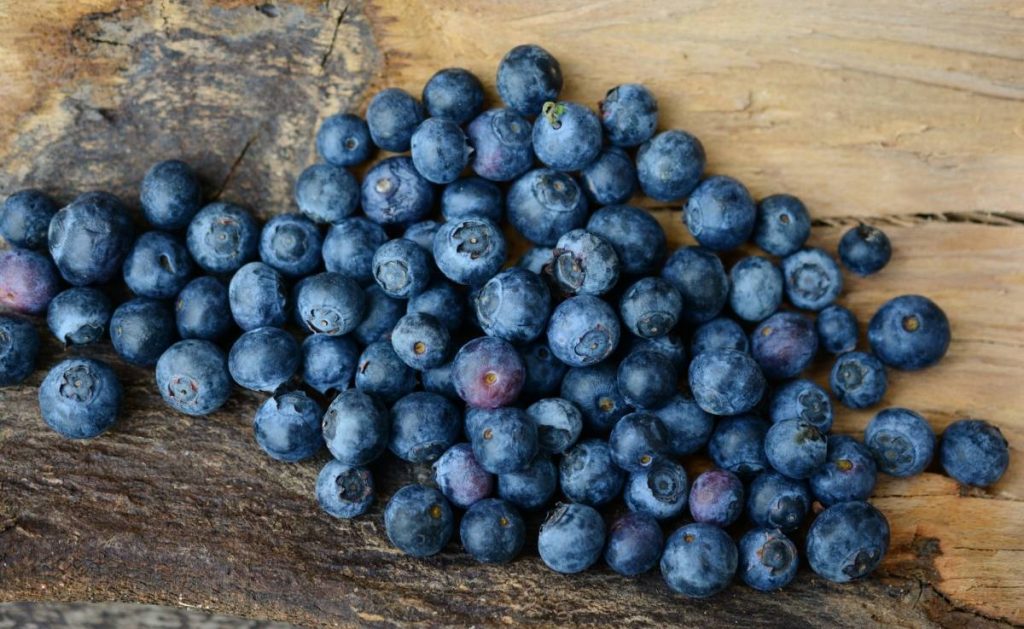Dr Gaines stressed the “need to put emissions information onto product labels”. Importantly, she said that the swapping may also prove to be healthy and nutritious…reports Asian Lite News
Switching meat with more vegetables and fruits may help reduce the greenhouse gas emissions from household groceries by more than a quarter (26 per cent), according to a new study on Tuesday.
In the study, researchers from the George Institute for Global Health and Imperial College London showed that swapping a frozen meat lasagne for a vegetarian option could push the reduction to as much as 71 per cent.
“Dietary habits need to change significantly if we are to meet global emissions targets, particularly in high-income countries like Australia, the UK, and the US,” lead author and epidemiologist Dr Allison Gaines said.
However, she lamented that even though many people “are willing to make more sustainable food choices”, they “lack reliable information to identify the more environmentally friendly options”.
For the study, published in the journal Nature Food, the team calculated the projected emissions of annual grocery purchases from 7,000 Australian households using information on ingredients, weights, and production life cycles. The results showed that making switches within the same sub-categories of foods could lead to emission reductions of 26 per cent in Australia, equivalent to taking over 1.9 million cars off the road.
Dr Gaines stressed the “need to put emissions information onto product labels”. Importantly, she said that the swapping may also prove to be healthy and nutritious.
In the study, the team found that meat products led to almost half (49 per cent) of all greenhouse gas emissions, but only 11 per cent of total purchases. Conversely, fruit, vegetables, nuts, and legumes represented one quarter (25 per cent) of all purchases, but were responsible for just 5 per cent of emissions.
“We found swapping would lead to a slight reduction in the proportion of ultra-processed foods purchased, which is a positive outcome because they’re generally less healthy,” Dr Gaines said.
ALSO READ-‘83% of UAE Residents Not Eating Enough Fruits & Vegetables’



